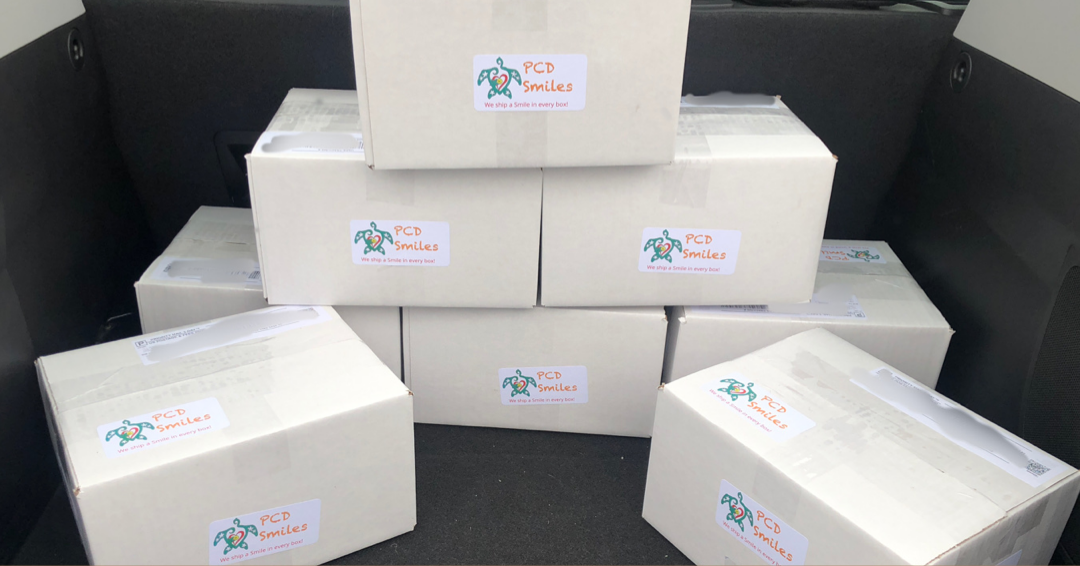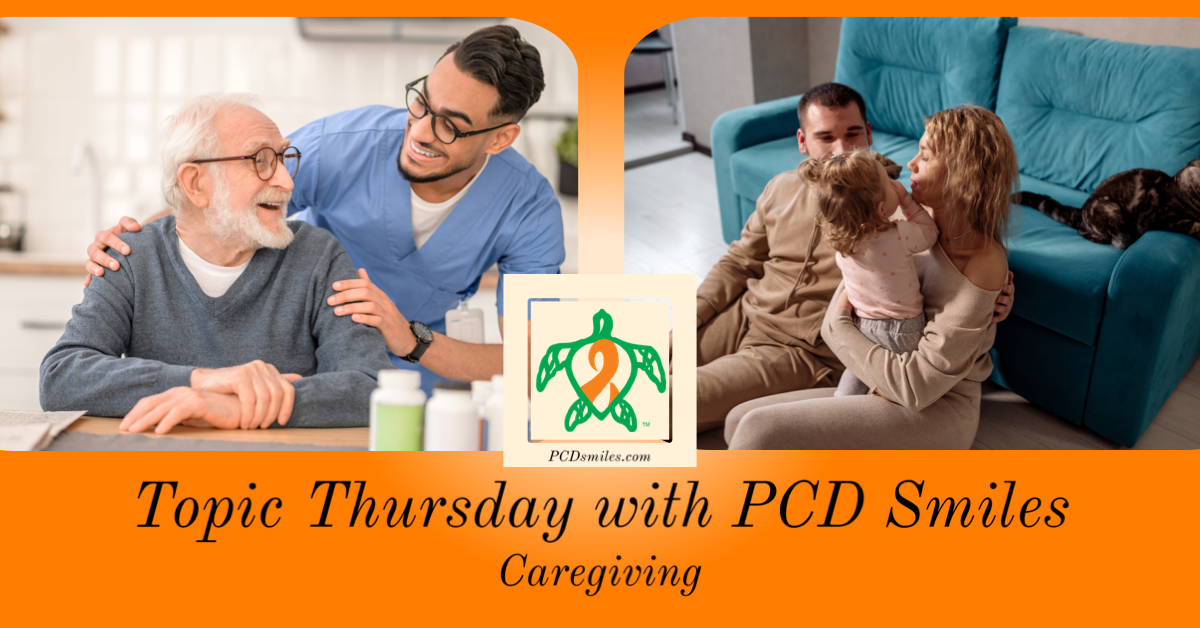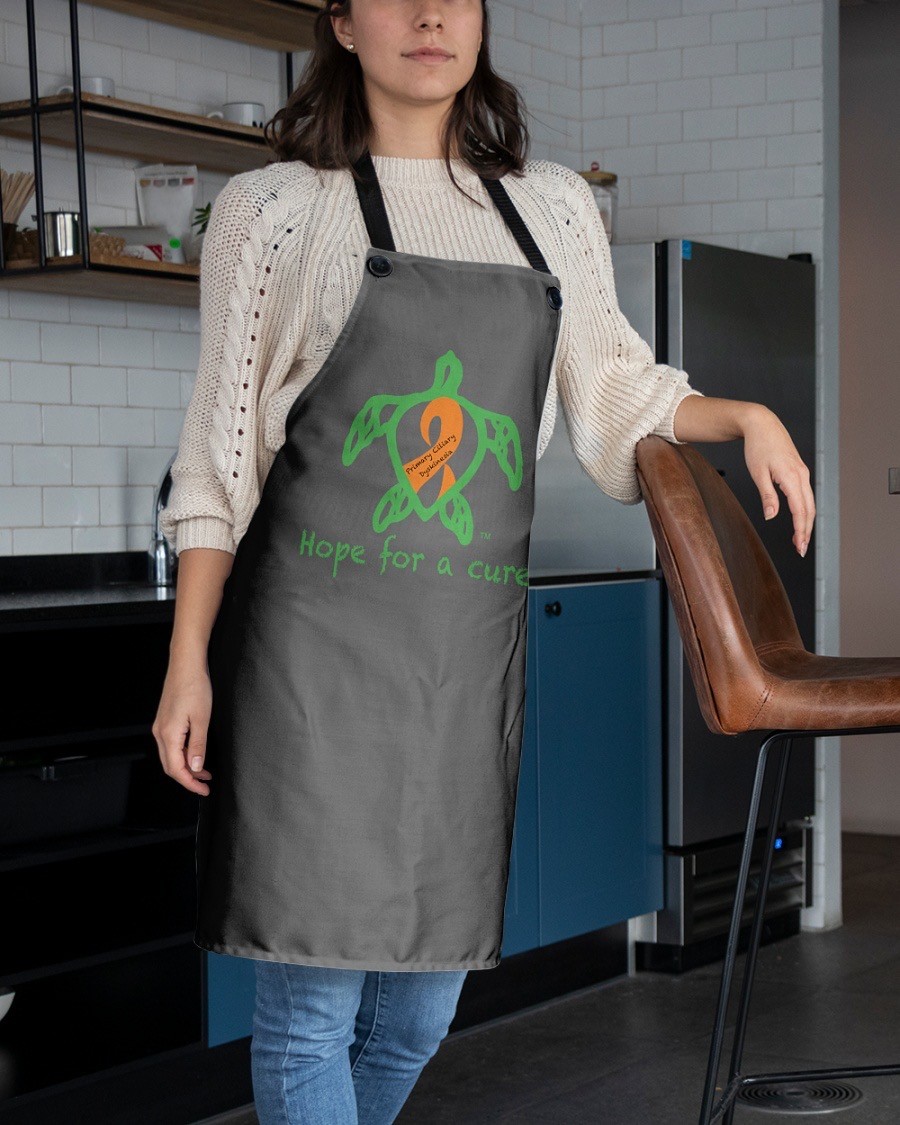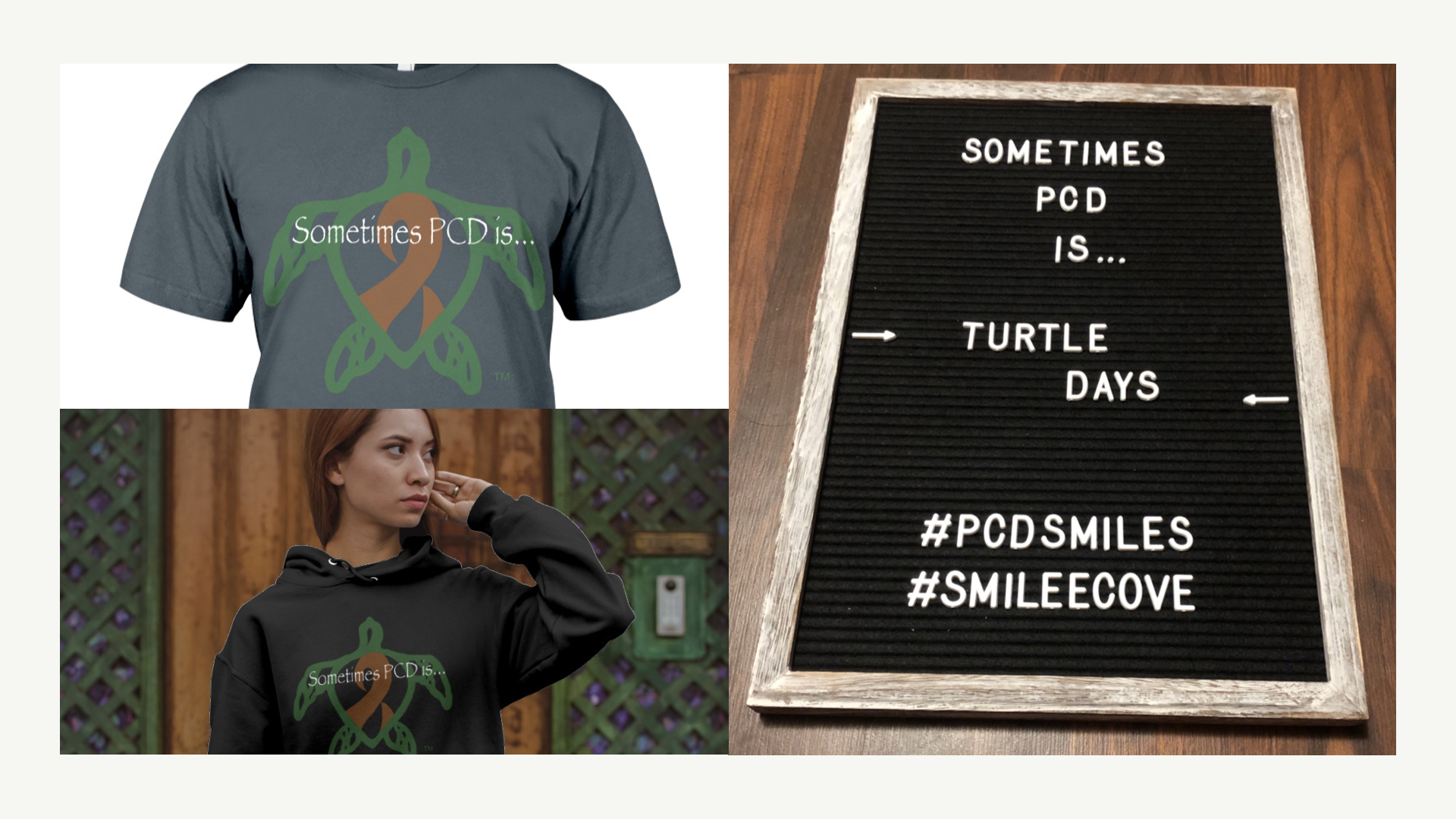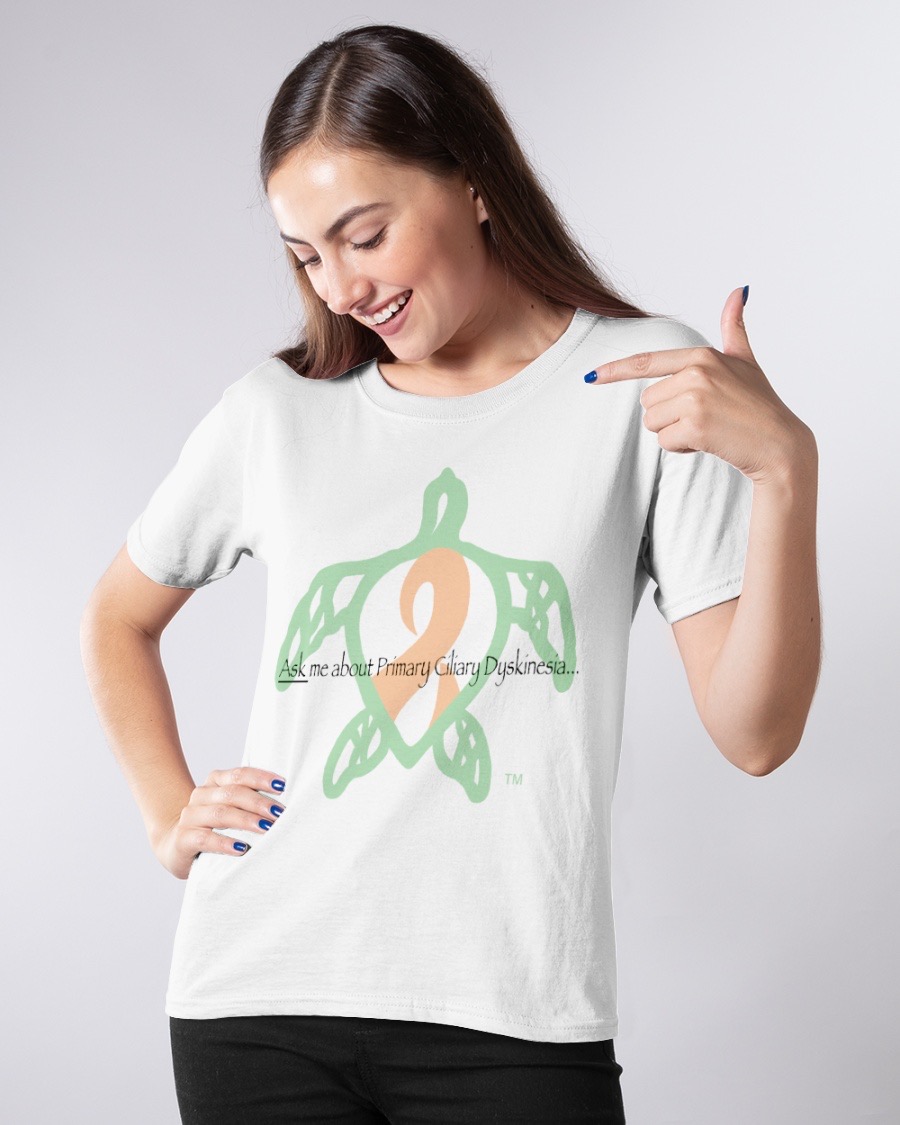There are many layers to caregiving when it involves a person who has primary ciliary dyskinesia. These layers peel back and change on the daily sometimes. It is definitely a strange onion to peel if I may make that analogy.
It starts when your PCDer is born and your responsible for everything, and I mean absolutely everything. Even things no one told you about like advocating for care from providers on behalf of your little with PCD. To being the mean parent and making your little suffer through treatments that they don’t want any part of, but you know without them your little will end up really sick. Then there is the daily medications to contend with. And once they hit school age you then have to fight with teachers and schools for your little and advocate for their needs to keep them safe at school. Not to mention battling the school district over missed days due to doctors, illnesses, and hospitalizations. Not to mention all the normal everyday stuff you deal with with kids in general. Plus do not forget to take care of yourselves because if you are not on top of your game how can you be all these things to your PCDer?
Then you enter into the wonderful teenage years where your PCDer wants some control over their care. They aren’t quite up to the task, but they sure do try. You also get into their stubbornness to actually do the things that they need to keep them healthy. This is a very difficult stage for a caregiver. The daily negotiations weigh thin on you as they approach adulthood. You start to get push back from a medical records access point depending on your state of residence. Patients are afforded some privacy so parents and caregivers are looked our of the PCDers patient portal around the age of thirteen. These make for stressful times. And so does the day your PCDer turns eighteen and or moves out of your house. Your still worry about them, but they are on their own now. How do you let go when you’ve been their safety net all theses years. It is definitely a hard time. And don’t forget while all this is going on to take care of yourselves as well. After all if you aren’t at the top of your game how can you caregive for someone else.
Then we enter the college years and beyond where your PCDer had grown and are on their own. But that doesn’t mean you aren’t needed. It just my be in an advisory role or a historical records type role. Your knowledge of your PCDers trends and tendencies when getting I’ll will be invaluable to them. Buy it is also a strange time, because if your PCDer says to let them handle it. It is definitely hard to let go, especially when your PCDer meets their spouse. Handing over the reigns of caregiving to your PCDer and their spouse is the most difficult thing a parental caregiver has to face. And it’s subsequently the hardest thing that you will ever do on this earth. Be sure that you are taking care of yourself and your needs to get through this time.
Spousal caregiving is sometimes even harder than parental caregiving. It becomes another layer to your marriage. You also have to be prepared to ask you a PCDer their wishes and then honor those wishes. Remember you are their spouse not their parent. That’s the easiest line to cross when caring for a spouse, assuming the role of their parent and not remaining their spouse. You need lots for open and honest communication at this stage of your relationship. And like parent caregivers, spousal caregivers must take time out to tend to their needs or face the end of the relationship in some form. Marriages are hard enough without adding caregiving into it. Do yourself and your PCD loved ones a favor, be sure that you are taking care of yourself, your mental health and well being. Your PCDer will thank you for it.
Be sure to join us next week for another Topic Thursday.
Join our Facebook group Turtle Talk Café today, click here.
We have several ways that you can donate to PCD Smiles;
- Visit Smile E. Turtle's Amazon Wishlist
- For more information on how you can donate, please visit our "Donation" page to check out our "Do & Don't policies.
- Or sponsor a PCD Smiles cheer package today!
- To shop for your “Official” turtle care ribbon gear today, visit PCD Style or Smile E. Cove
Thank you for your consideration!

